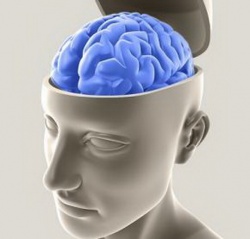What is Self-Awareness in Buddhism?
"I think, therefore I am" is self awareness in Descartes
Plato spoke about the "knowledge of knowledge"
Avicenna's "Floating Man" thought experiment on human self-awareness and self-consciousness.
Shankaracharya, wrote that, "No one thinks, 'I am not' "
There is no phenomenon that is not me (self) in the whole universe.
But, Artificial Intelligence has failed in the Self-Awareness aspect.
Khandha Sutta states Five Aggregate: Rupa,. Vedana, Sanna (ideation), Sankhara, Vinnana.
Sanna creates concepts and the idea of self.
Paticca-samuppada (Dependent Origination) has no mention of sanna:
Avijja-paccaya sankhara; sankhara-paccaya vinnanam; vinnana-paccaya nama-rupam; nama-rupa-paccaya salayatanam; salayatana-paccaya phasso; phassa-paccaya vedana; vedana-paccaya tanha; tanha-paccaya upadanam; upadana-paccaya bhavo; bhava-paccaya jati; jati-paccaya jara-maranam soka-parideva-dukha-domanassupayasa sambhavanti;
evametassa kevalassa dukkhakkhandhassa samudayo hoti.
Also, Anatta (no-self) principal is a pillar of Buddhism:
Dukkha (suffering) is the gap between atma (self) and anicca (impermanence), where the relative anicca is not manageable. Therefore, anatta (no-self) is the solution as sensation of suffering.
Creation and editing self is clear with Buddhism. Hard to find awareness to self in Buddhism.
